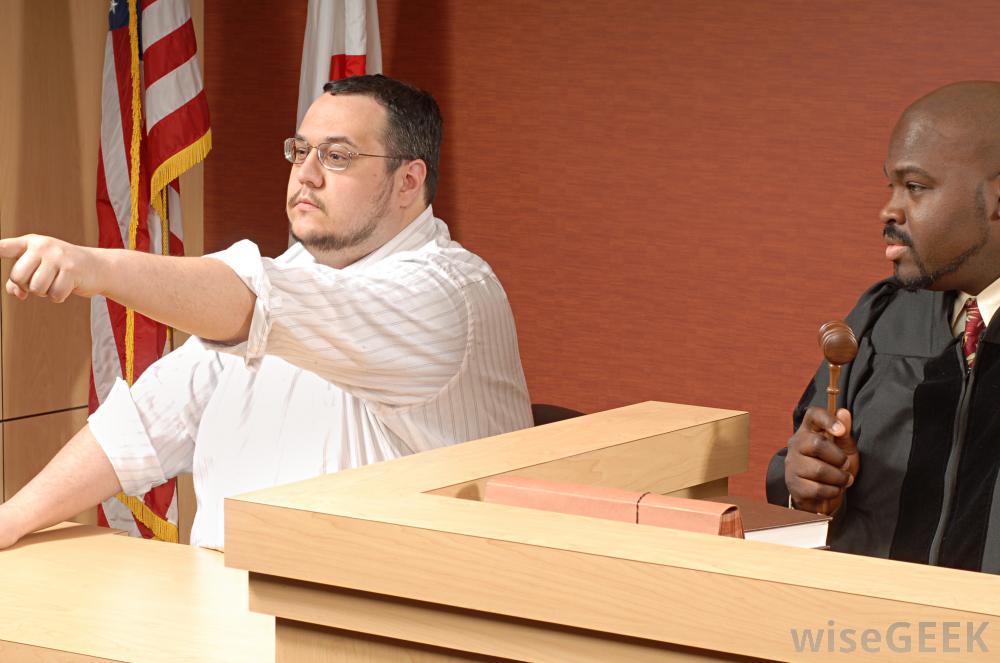Seven Steps to (Hearsay) Heaven
The great jazz trumpeter Miles Davis recorded his classic Seven Steps to Heaven in 1963, with no explanation as to why this was the number of steps needed to ascend. He just laid down a seven beat, seven note structure and the music flew. Well, perhaps there are an equal number of steps to “hearsay heaven,” that place lawyers want and need to ascend to when proffering or confronting hearsay evidence. Yet virtually no attorney follows all of them, focusing either on admissibility or exclusion without regard to content, effective use or minimization should the proof be allowed. So this guide will offer the steps necessary to completely address hearsay in the courtroom. Step 1 – Is there an assertion by a human? The first reminder here is that hearsay comes from humans, so barking alerts by a drug dog, or computer printouts of telephone records are not covered by the rule. And what is an assertion? In effect, it is a factual declaration, a sentence that could be restated with the words “it is true …











